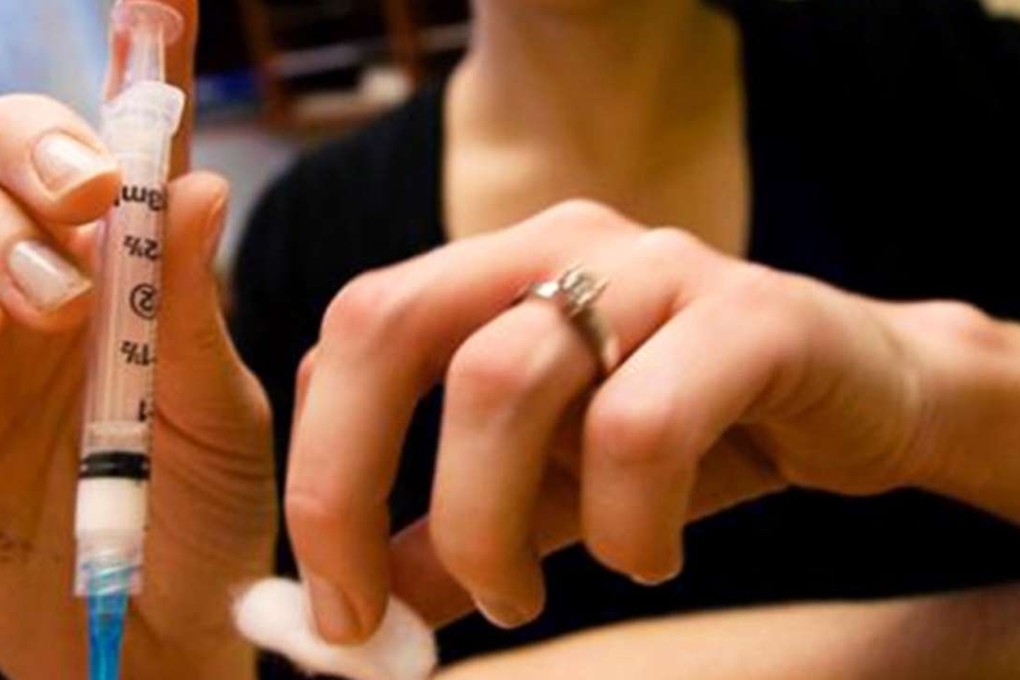New drug for schizophrenia ‘can save Hong Kong government HK$398 million in medical costs’
Psychiatrists say hospitals should be prescribing more expensive treatment as it reduces the risks of relapses and works out cheaper in long run

A group of psychiatrists believes public hospitals should prescribe a new line of medicines.
The doctors claim such a move to treat the mentally ill would eventually cut medical expenditure by HK$398 million in two years by preventing relapses.
They also claim local guidelines on giving a new injectable drug to treat schizophrenia, which is at least 10 times more expensive but causes fewer side effects, is too rigid and outdated.
There are about 48,000 patients who suffer from schizophrenia, a mental disorder with symptoms such as difficulty in distinguishing between what is real and imaginary.
But only 2.8 per cent of patients are given medication in the form of monthly injections, which replaces one with multiple side effects, and traditional oral medicine that patients must take daily or risk a relapse.